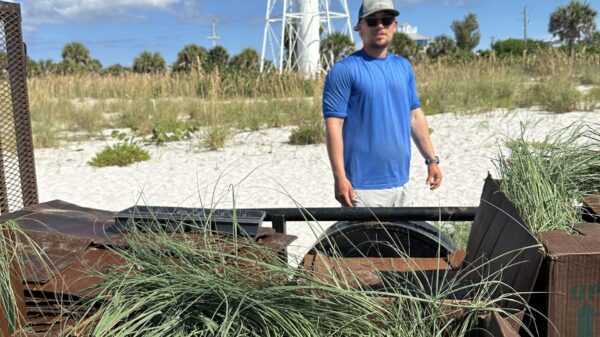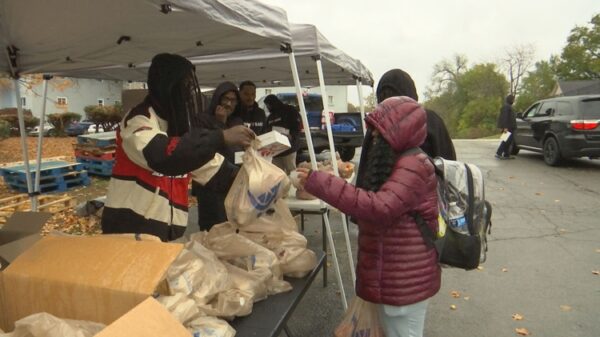A recent incident involving a young woman’s 21st birthday highlights the importance of safety when consuming alcohol in social settings. The unnamed friend, referred to as “First One to Leave,” attended a party where her friend celebrated this milestone. After noticing her friend had consumed a significant amount of alcohol, she decided to leave the gathering at approximately 22:00. Despite her friend appearing intoxicated, she assured her companion that she could get home safely.
The following day, the situation took a concerning turn when her friend called from an unfamiliar man’s house, expressing distress about not remembering how she got there. This incident raises critical questions about responsibility and the necessity of a buddy system when drinking.
Understanding Personal Responsibility in Social Settings
In situations where alcohol is involved, personal responsibility becomes paramount. While “First One” felt guilty for leaving her friend alone, it is essential to recognize that as adults, individuals must also take accountability for their choices. However, the dynamics of alcohol consumption can impair judgment, leading to risky situations.
In response to this dilemma, writer R. Eric Thomas advises that a buddy system should always be employed when consuming alcohol. Leaving a friend who is clearly intoxicated can have serious consequences, as impaired judgment makes individuals vulnerable to exploitation.
Thomas emphasizes the importance of communication between friends. If one person is ready to leave while the other is not, it is advisable to seek assistance from another trusted companion. In the absence of such support, it may be necessary to call it a night. Although a friend may initially resist the idea of being escorted home, they will likely appreciate the gesture when reflecting on the safety and wellbeing the next day.
Promoting Safe Drinking Habits
The conversation surrounding alcohol consumption and safety extends beyond immediate situations. It is crucial for individuals to understand their limits and recognize that enjoyment does not solely stem from drinking. Thomas encourages friends to consider alternatives to drinking as a means of having fun and highlights the importance of learning about one’s tolerance levels.
As young adults continue to navigate social environments, the lessons learned from incidents like this can foster safer drinking practices. The responsibility lies not only with those consuming alcohol but also with friends who can provide support and guidance.
In conclusion, while “First One to Leave” expresses regret over her decision, the experience serves as an essential reminder of the importance of a buddy system in preventing potentially harmful situations. Friends should stay vigilant and prioritize each other’s safety to ensure that social gatherings remain enjoyable and secure for everyone involved.





































































